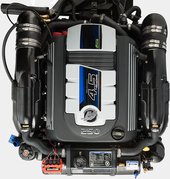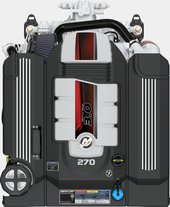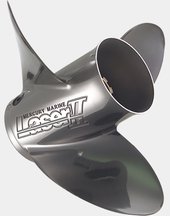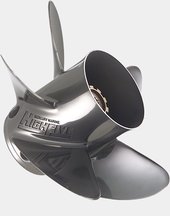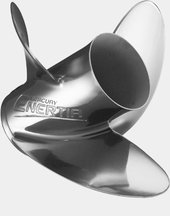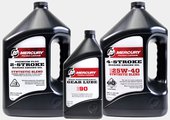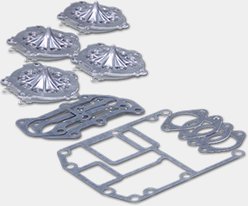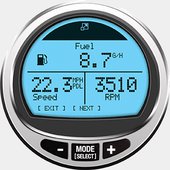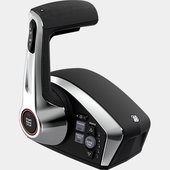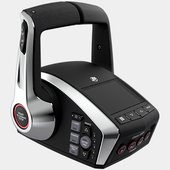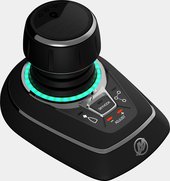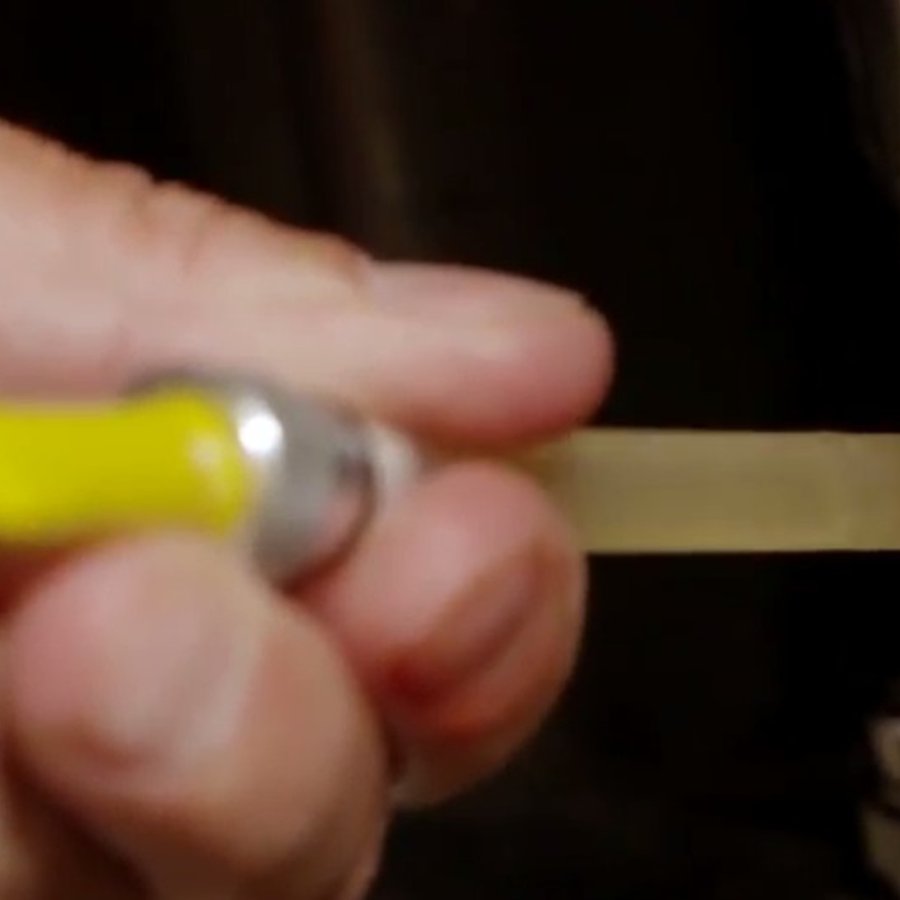Knowing how to best trim your boat can improve performance, comfort and fuel economy on every outing. Here’s what you need to know to trim your boat correctly.
To see how these adjustments impact a bass boat’s performance, check out the video below with Mercury Pro Team member Brian Latimer.
What Is Trim?
Trim is simply the running angle of the boat relative to the water’s surface. Trim is influenced by using the power trim feature on an outboard motor or sterndrive to change the angle of propeller thrust. When you push the trim button on the boat’s remote control, hydraulic rams change the angle of the outboard motor or sterndrive gearcase, and thus the propeller, relative to the boat transom through a range of about 20 degrees. When you adjust the drive trim you are either raising or lowering the boat’s bow in the water.
- Neutral trim – When the boat is on plane and the prop shaft is parallel with the water surface, the trim is said to be neutral or zero. In this state, all of the propeller thrust is pushing the boat forward.
- Negative trim/trimming in – When the trim button is pressed down, the gearcase moves closer to the transom, the prop is aimed up a few degrees and some of its thrust is lifting the stern of the boat. When the stern is lifted, the bow is pushed down, just like a teeter-totter on a playground. This is a negative trim position, and by pushing the trim button down, you are “trimming in.”
- Positive trim/trimming out – When the trim button is pressed up, the gearcase rotates away from the transom, and once it’s past the neutral point, the prop shaft is pointed downward. Now some of the prop thrust is pushing the stern down, and thus lifting the bow. This is a positive trim position, and by pushing the trim button up, you are “trimming out.”
The bow will move in the same direction you press the trim button – button up is bow up, button down is bow down.
Using Boat Trim to Your Advantage
Here are some ways using trim can optimize your boat’s performance.
1. Getting on plane – Trim the drive all the way in, or down, before accelerating on plane. Now, when you advance the throttle, the prop thrust will lift the stern and push the bow down, so the boat can efficiently climb “out of the hole.” Once on plane, trim out, or up, to raise the bow so that the boat is skimming along over the water, rather than pushing through it. As you trim up, you’ll notice the bow will rise, the steering will feel lighter and boat speed will increase. Note that as you trim up the spot where spray breaks off the hull moves aft. With less hull in the water, drag is significantly reduced and speed and efficiency are enhanced.
2. Slowing the boat – When it’s time to stop the boat in the water, trimming down will lower the bow and increase drag as more of the hull is in contact with the water. This helps slow the boat more quickly. By trimming down, you’ve also placed the drive in the proper position to get back on plane when it’s time to take off again.
3. Enhancing steering control – If you want to maneuver your boat along a river with tight bends or a twisting channel through the mangroves, trimming down will make the boat more responsive to steering input because more of the hull is in contact with the water.
4. Running the shallows – When driving through shallow water at a low speed, trimming the drive up will elevate the propeller away from the bottom. You may sacrifice some steering control, but you may also prevent the prop or drive skeg from an impact that could cause damage. You may also want to trim the motor up before launching or loading the boat at a shallow launch ramp.
5. Navigating rough water – Adjusting trim can improve comfort in rough water. If you are getting wet from spray in a crosswind, trimming up a little can move the spray aft and behind you. If you are headed directly into the wind, trimming down will lower the bow so the sharper forward portion of the hull can better slice through chop for a smoother ride.
Many late-model boats powered by a Mercury engine are equipped with Mercury Active Trim, which continually and automatically adjusts drive trim based on boat speed. However, you can always use the trim control button to override Active Trim to best accommodate some of the situations or conditions described above.
Learning to use the trim control can help you better enjoy your time on the water.
For more from Brian Latimer, follow him on Facebook, Instagram and YouTube.



